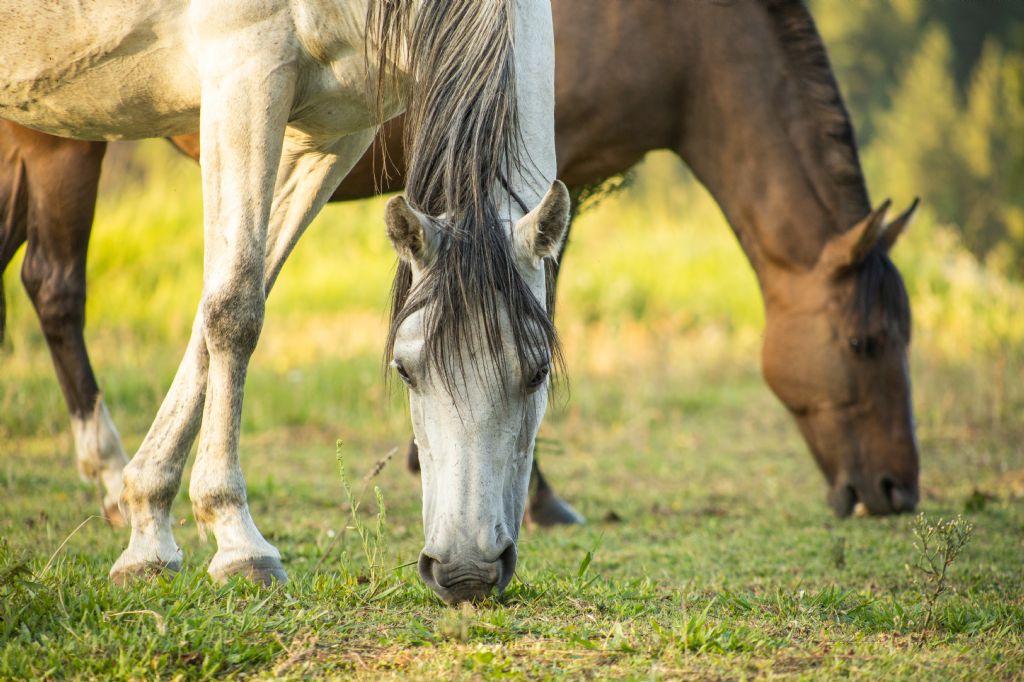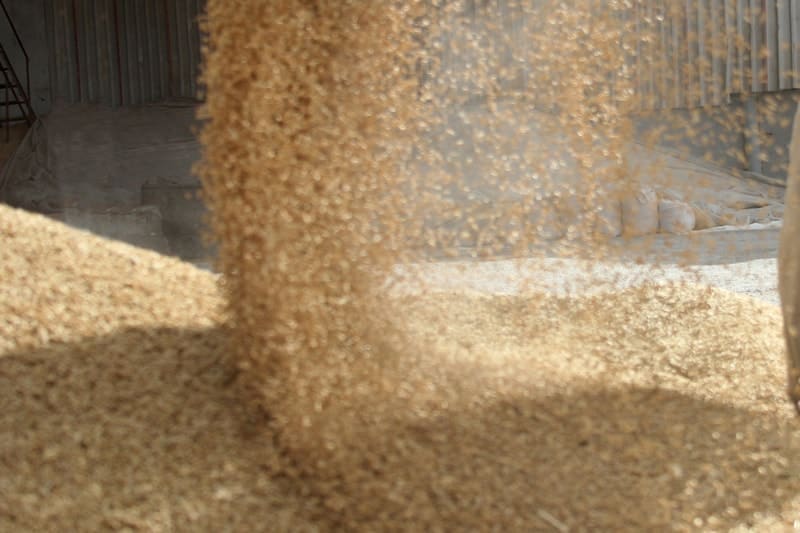Bluegrass News
Within the first 12 to 24 hours after birth it is essential that the foal receives colostrum, a rich and essential source of antibodies.
The immune system of a new born foal is not fully developed and requires protection to fight infectious pathogens. Colostrum contains antibodies which can be absorbed into the digestive tract up until 24 hours after birth. Without sufficient colostrum, the foal is at risk of infections that could potentially require intensive veterinary care.
A healthy foal should be feeding within the first two hours after birth, those unable to nurse, immediate assistance is required to ensure adequate colostrum is received. Ideally 1.5 to 2 liters of colostrum should be consumed.
The Lactating Mare
The key source of nutrients to the neonatal foal is from the mare for several weeks. But, how can we ensure she is producing high quality milk?
A lactating mare produces approximately 3% of her body weight in milk per day, with peak milk production considered to be two to three months after foaling. Dr Joe Pagan stated, "Lactation places higher energy demands on the mare than any other stage of her life".
Researchers have suggested increased energy, protein and mineral requirements for lactating mares during early and late lactation to meet these demands. It has been proposed that the increase of energy is not only for maintenance of body condition but for increased movement when protecting the foal and for gastrointestinal digestion of larger feed consumption.
To meet the increased demands, it is suggested to provide ad lib forage to the lactating mare, consuming at least 3% of her body weight in forage per day. It is essential that appropriate levels of vitamins and minerals are also supplied within the diet such as calcium, phosphorus and copper.
Milk is composed of approximately 20-25% protein (dry matter), so, when considering a suitable diet, adding high starch is not considered desirable, it will increase milk production but, will decrease the quality with less fat and protein present. Feeding a high fat and high fiber diet, has shown to increase both quality and quantity of the milk.
Additional concentrated feed such as the Bluegrass Horse Feed Stud Mix or Cube maybe required for mares that struggle to maintain condition during lactation. The Bluegrass Stud range has been formulated to provide the fully balanced diet proving everything she requires whilst promoting condition. Alternatively, for those "easy keepers", a low-calorie balancer such as Bluegrass Horse Feeds Stamm 30, will provide the adequate nutrients through the high protein, vitamin and minerals that makes up Stamm 30, without increasing body weight.
Click to find out more information on feeding breeding stock or to speak with our expert nutritional team.












